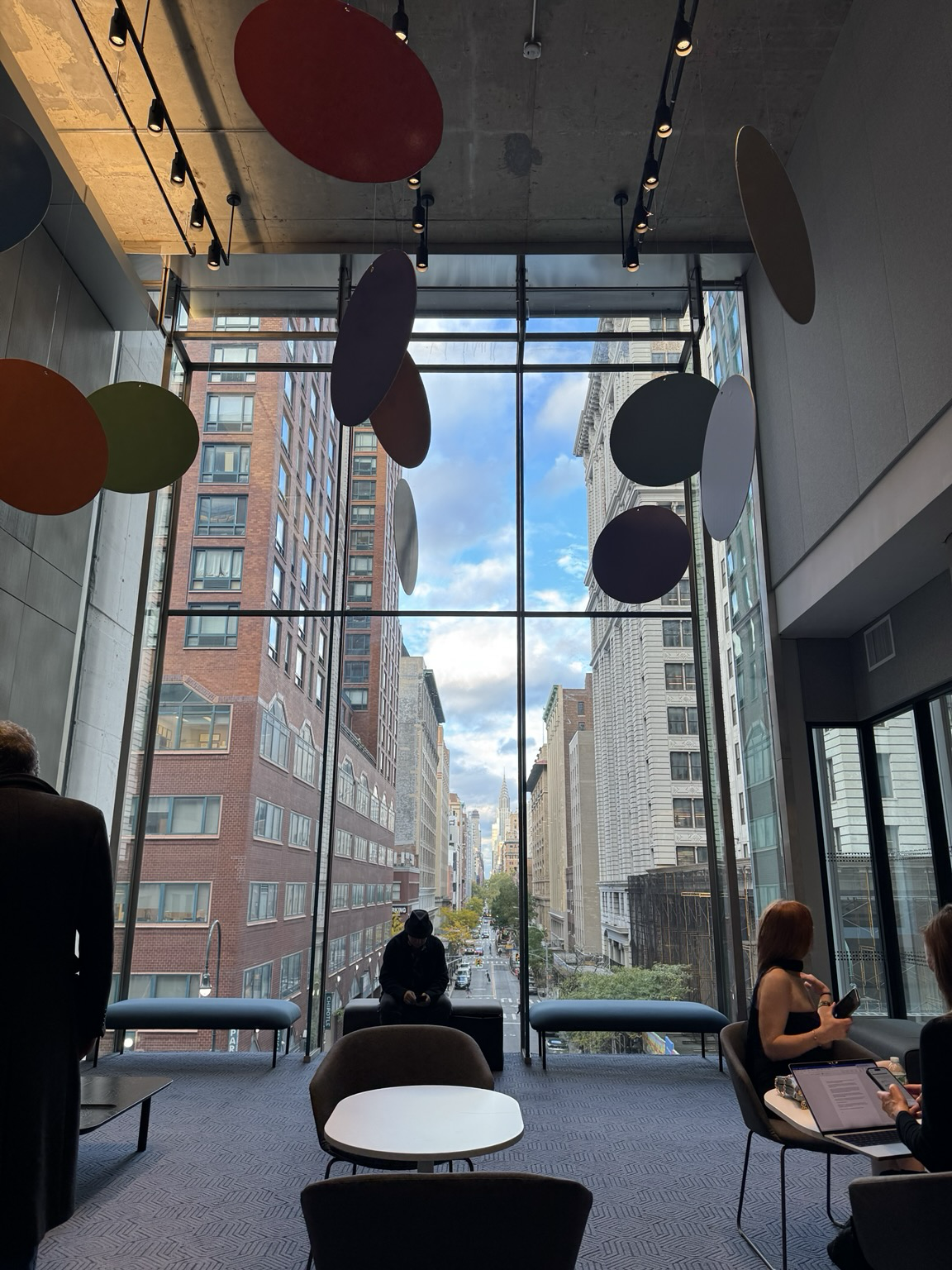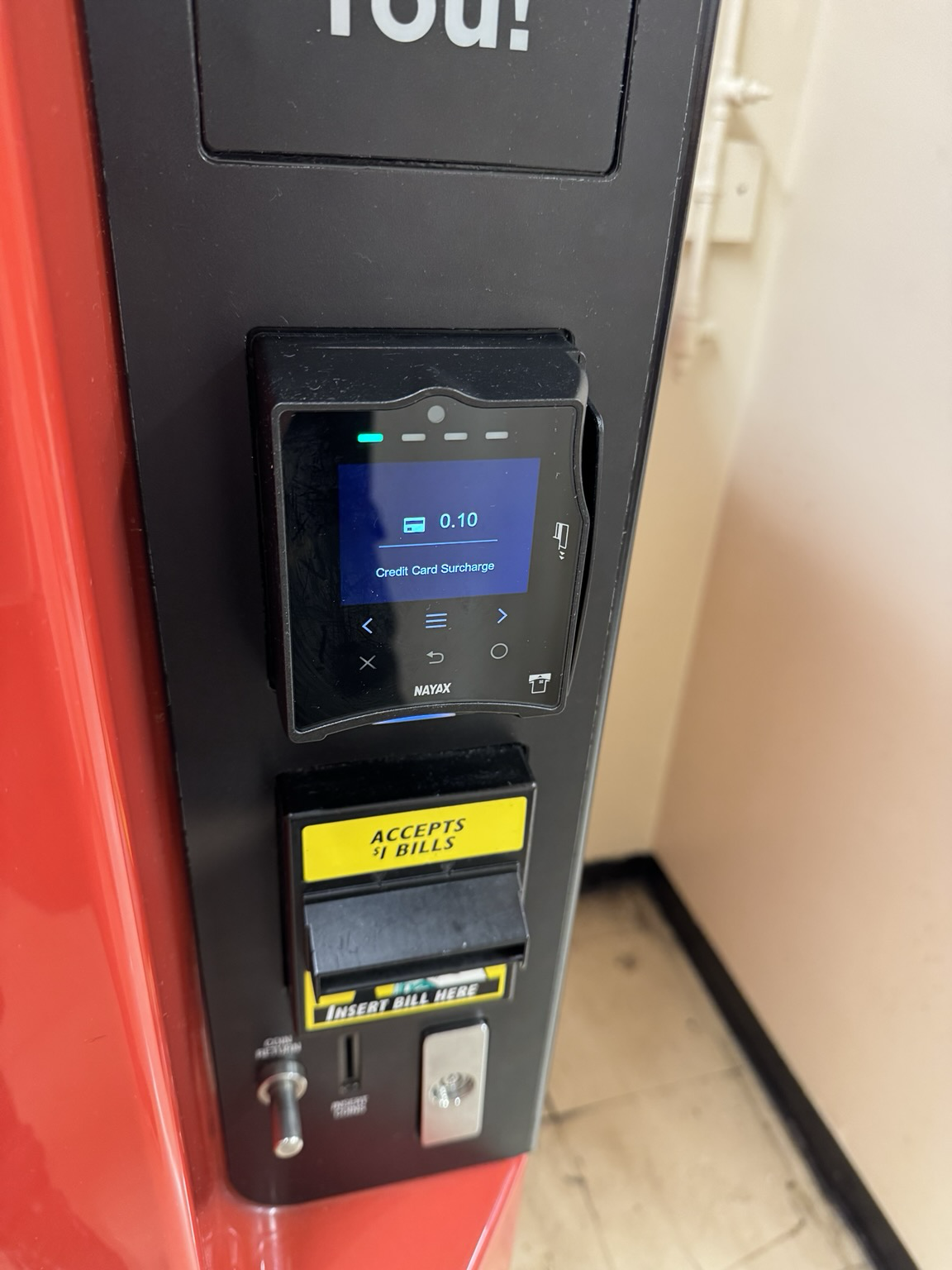🔥🔥🔥
Category: Uncategorized
-
-
Memorial

-
“What do you mean by posh?” She asked in fluent horse
Is my ansolute favorite insult I just read
-
Other side of the tracks
East Stroudsburg, PA

-
Bat boy NYC

-
Even vending machines are getting in on it
I told someone who had a sign up offering 3-5% cash discount that it was more than my savings account rate. He told me he never thought of it that way

-
In the US Lawyers think they’ll be able to ban AI in their field to protect their livelihoods.
Except people have the right to defend themselves and use whatever tools they like in preparing that defense. So even if AI is not allowed to represent you, it can through representing yourself.
I think they’re still quite at risk
-
Hear me out: H1B visas but only for ICE agents
